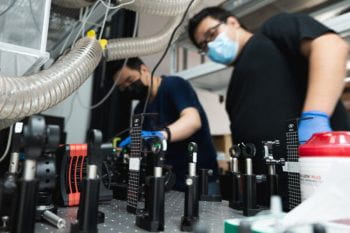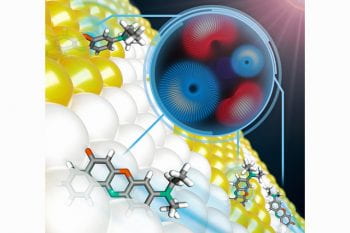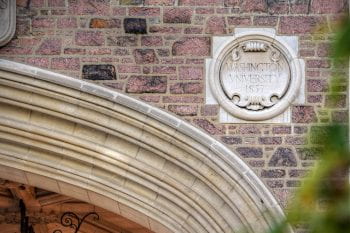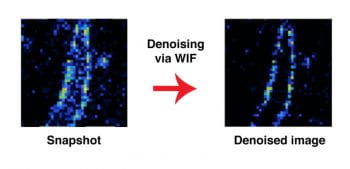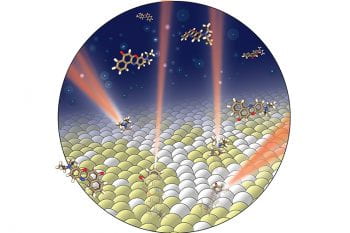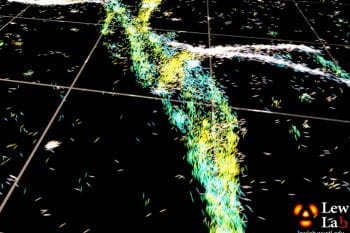Amyloid-beta (A-beta) aggregates are tangles of proteins most notably associated with neurodegenerative diseases such as Alzheimer’s. Despite its constant stint in the limelight, however, researchers have been unable to get a good understanding of how A-beta comes together and breaks apart. “The way A-beta behaves in a variety of environments, including the human brain, is […]
WashU researchers shine light on amyloid architecture


